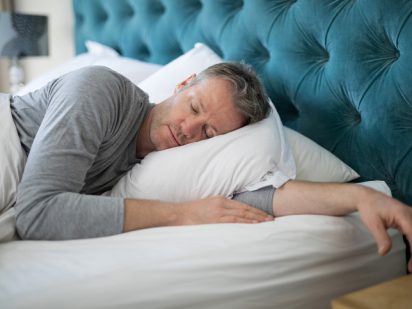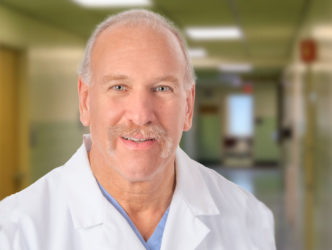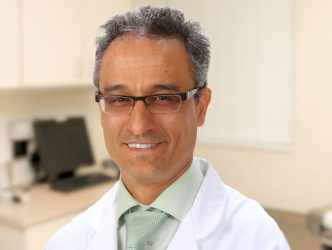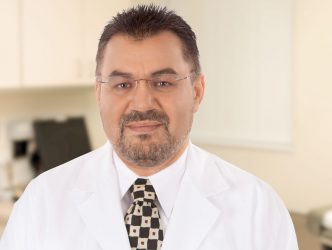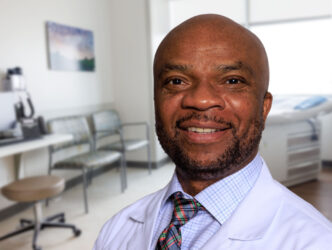Imagine you are a parent. It’s 8 p.m. You know your children need nine to 12 hours of sleep (the recommended guidelines from the American Academy of Sleep Medicine for children ages 6 to 12 years), so it’s time to get the young ones to sleep.
Parents worry about how much sleep their children get all the time, but what about their own needs? Adults often don’t make sleep a priority for themselves. “We don’t make enough time,” says Jutta Schmidt, RRT, RPSGT, manger of the Trinity Sleep Center. “Make it a priority, like a healthy diet or exercise.”
According to Schmidt, adults should get at least seven to nine hours of “good, quality, uninterrupted sleep.”
That word “quality” is critical. When it comes to sleep, quality is as important as quantity.
Something that can affect both the quality and quantity of sleep? The use of electronics – this includes television, computers, and cellphones – at night time, especially in bed.
“We are all so used to our electronics in the bedroom,” Schmidt says. “That interferes with our circadian rhythm.” (Your circadian rhythm is the 24-hour internal clock that runs in the background of our brain and cycles between sleepiness and alertness at regular intervals, according to the National Sleep Foundation.)
“Photo receptors in the eyes cause alertness,” Schmidt adds. “Even looking at the phone for a minute can cause a delay.”
And a delay can cause a person to stay awake. The best way to fight sleep deprivation: Put the electronics away.
Schmidt also advises the following for quality sleep:
- Abstain from exercise a few hours before bed.
- Keep your room around 65 degrees.
- Sleep in a comfortable bed.
- Don’t eat a big meal before bed.
Perhaps it isn’t the atmosphere that is causing poor sleep. Maybe it is something internal. That is where the Trinity Sleep Center comes in.
If you are getting the proper amount of sleep and you are still feeling tired, you may want to consult with your healthcare provider. Then, they may refer you to the Trinity Sleep Center for further testing.
A laboratory sleep study is considered the gold standard for accurately diagnosing sleep disorders.
The Trinity Sleep Center is located at Trinity Hospital – St. Joseph’s, 407 3rd St SE, Minot. For more information, call 701-857-2348.
